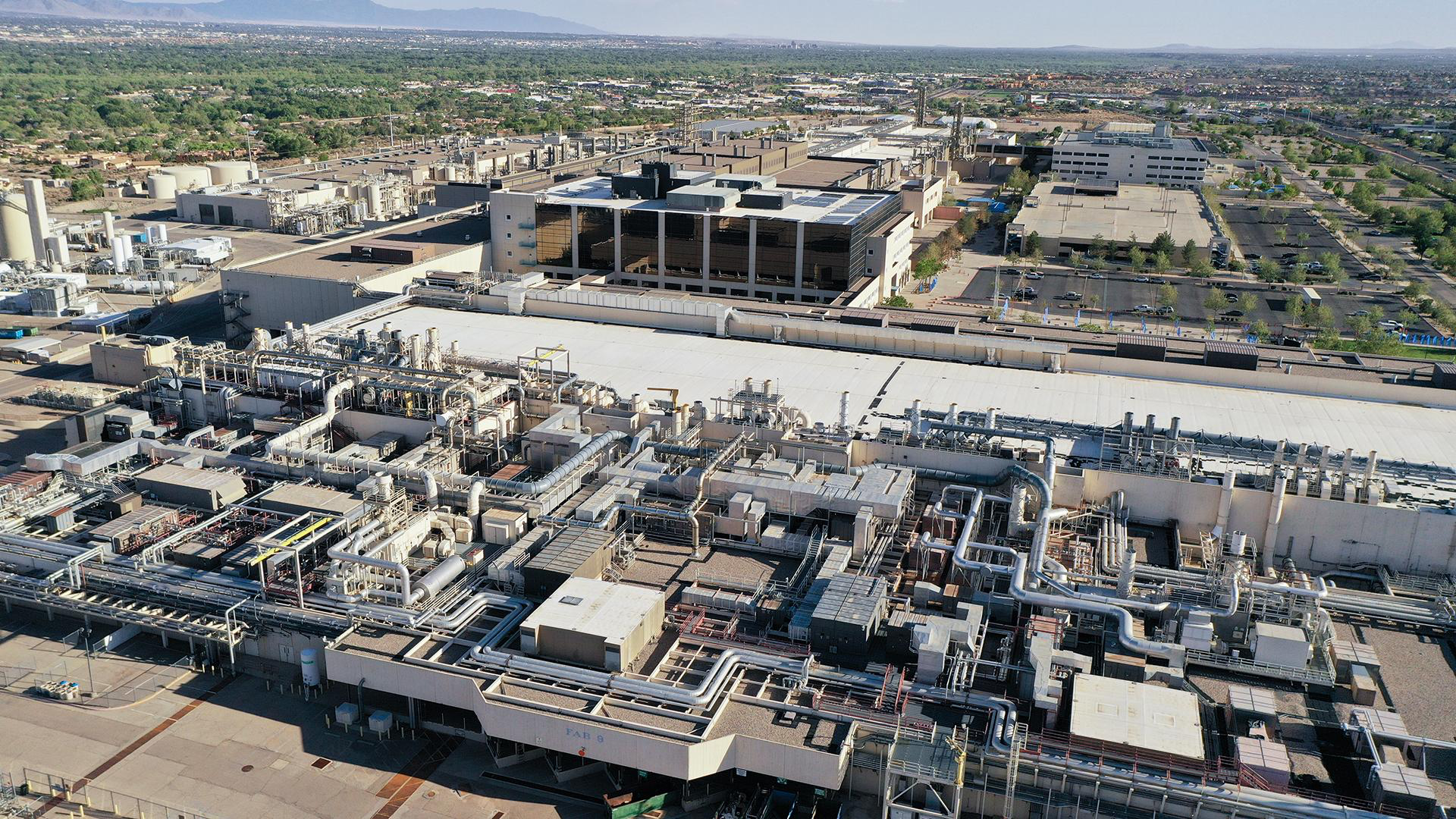
According to a new report, Germany's government plans to allocate €20 billion ($22 billion) to enhance semiconductor production in the country. This initiative is designed to strengthen the national tech industry and ensure a steady supply of key components in light of increasing geopolitical instability. A significant proportion of these funds, approximately 75%, is earmarked for multinationals such as Intel from the U.S. and TSMC from Taiwan, Bloomberg reports.
About half of the aid package, €10 billion (a third of the total investment in the site), is said to have been allocated to Intel for its new production facility near Magdeburg, Germany, Eastern Germany. The German government is also finalizing negotiations with TSMC to invest in a manufacturing facility in Dresden and build various microcontrollers that are consumed by Germany-based automakers. The government is looking forward to subsidizing around €5 billion, half of the total investment, in this fab.
Furthermore, approximately €1 billion is designated for Infineon, around 20% of the total investment in a new Dresden-based semiconductor plant, Bloomberg report. In addition, German automotive supplier ZF Friedrichshafen AG and U.S.-based chipmaker Wolfspeed are also expected to receive state funds to establish a silicon carbide chip factory near the French border in Saarland. The joint venture seeks subsidies covering roughly 25% of the costs, which equates to about €750 million.
The funding scheme leaves at least €3 billion for future projects, potentially benefiting other companies operating in Germany. For instance, GlobalFoundries and Bosch, which have a significant presence in Dresden, could get some state aid.
The aid package is set to be distributed by 2027. Interestingly, the funding is derived from the Climate and Transformation Fund, according to Bloomberg, which cites sources involved in the deliberations. The Climate and Transformation Fund (KTF was initially conceived to finance the country's transition to a carbon-neutral economy, but the government has broadened its focus to invest in sustainable economic projects. Previously economy minister Robert Habeck proposed to use the Economic Stabilization Fund to provide state aid to chipmakers.
For now, the German government has neither confirmed nor denied its plan, so take the information with a grain of salt. Meanwhile, if true, then Germany will be the most aggressive European country when it comes to subsidies to chipmakers.







